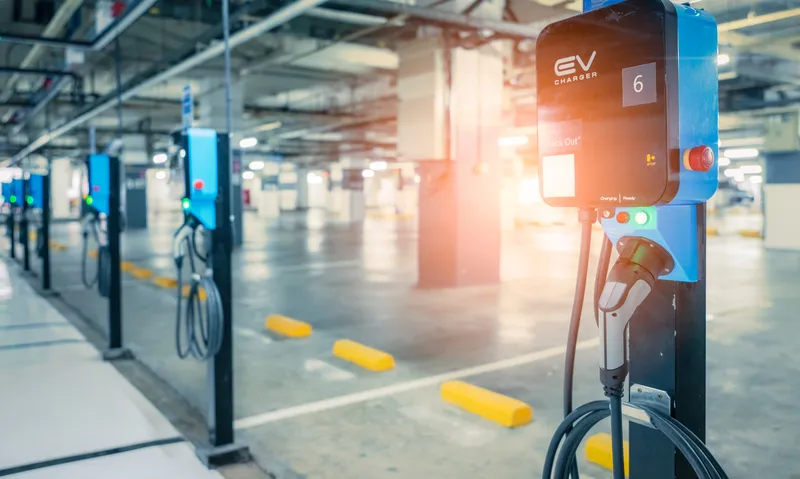German vehicle manufacturer BMW, through its brand BMWi, is continuing its strategy of electro-mobility based on the needs of the customer by forming a partnership with French electrical equipment and energy management specialist Schneider Electric to create a recharging system for electric vehicles. The agreement includes supply and installation of a wall-mounted recharging station for the BMWi3 and BMWi8, maintenance and other services, which will enable drivers to recharge the vehicle in their own garage
January 22, 2013
Read time: 1 min
German vehicle manufacturer 1731 BMW, through its brand BMWi, is continuing its strategy of electro-mobility based on the needs of the customer by forming a partnership with French electrical equipment and energy management specialist 729 Schneider Electric to create a recharging system for electric vehicles.
The agreement includes supply and installation of a wall-mounted recharging station for the BMWi3 and BMWi8, maintenance and other services, which will enable drivers to recharge the vehicle in their own garage. Austrian group The Mobility House will provide electronic mobility services for the project.
The BMW i3, scheduled to be launched in 2013, is said by BMW to be the first electric vehicle to be designed with home charging in mind.
The agreement includes supply and installation of a wall-mounted recharging station for the BMWi3 and BMWi8, maintenance and other services, which will enable drivers to recharge the vehicle in their own garage. Austrian group The Mobility House will provide electronic mobility services for the project.
The BMW i3, scheduled to be launched in 2013, is said by BMW to be the first electric vehicle to be designed with home charging in mind.









